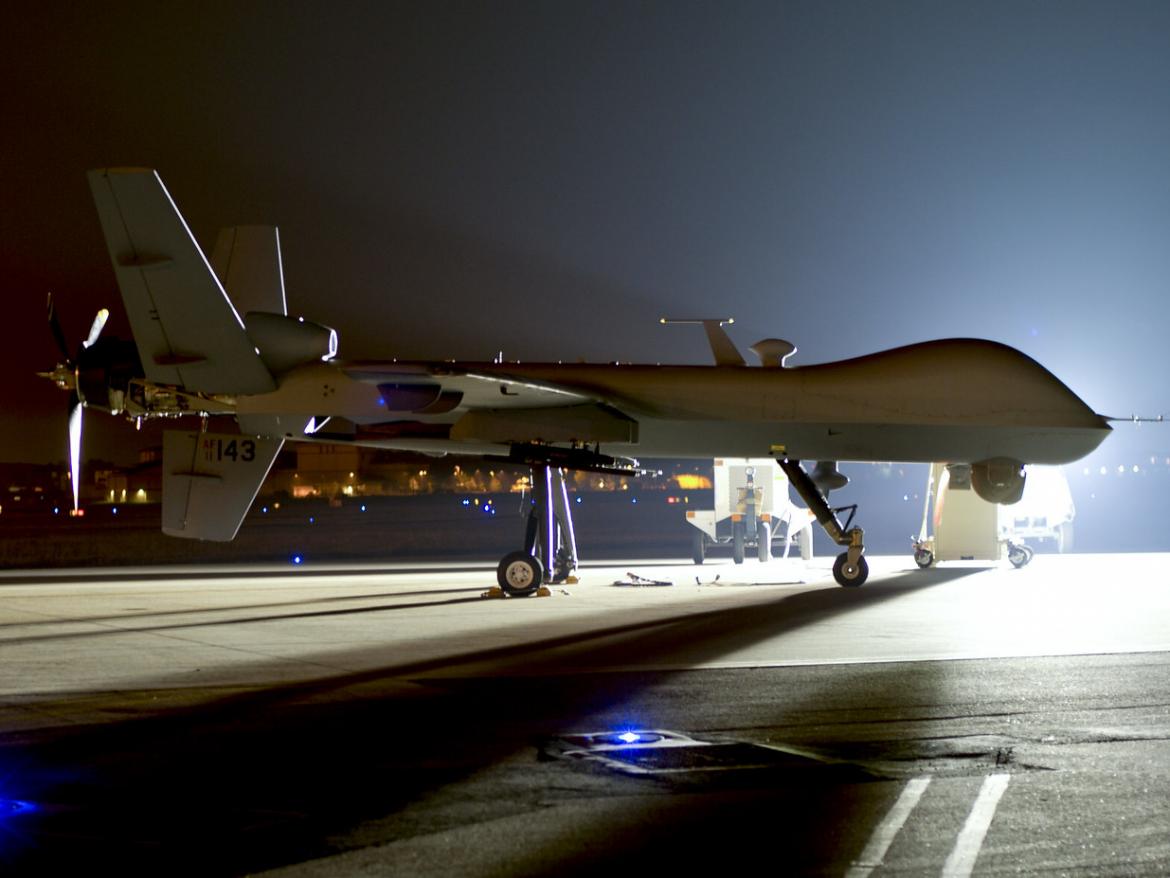For most of our country’s history, war has meant direct confrontation between armed groups. Attacking an opponent meant weighing the risks to your own people against the potential damage that the attack could inflict.
In years since 9/11, technological advances, including drones, have changed this, allowing remote killings with little physical risk to the attacker. These attacks are often shrouded in secrecy, further insulating the American people from the violence being carried out in their names.
Drone warfare is a moral and ethical issue as much as a legal one. When drones kill for us, with little public awareness or scrutiny, we can more easily avoid thinking about the human life affected by these conflicts and the common humanity we share with those we are targeting.
Drone warfare is a moral and ethical issue as much as a legal one.
Moreover, targeted killings will not succeed in ending violence against the United States. Drone killings destroy trust and bolster recruitment efforts for extremist groups. As Yemeni activist Faera Al-Muslimi testified before Congress in 2013, “I was devastated for days because I knew that the bombing in my village by the United States would empower militants.”
With the proliferation of armed drones among more than ten countries as well as non-state groups like ISIS, drone use continues to destabilize national and global security. A critical step in having a national conversation about drones is transparency and accountability, so that people can better understand what our country is doing and the basis on which decisions are being made.
Join our email list!
Stay informed and stay active
